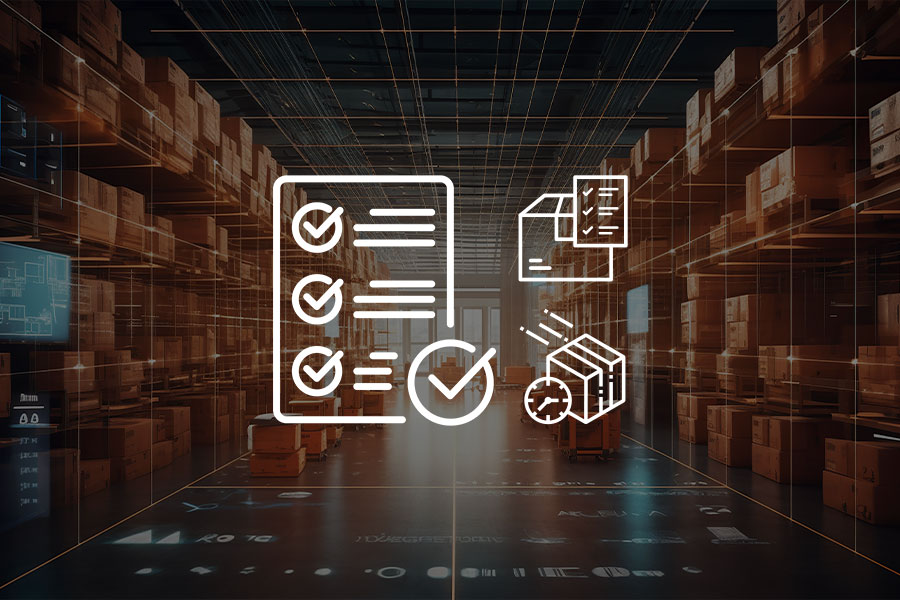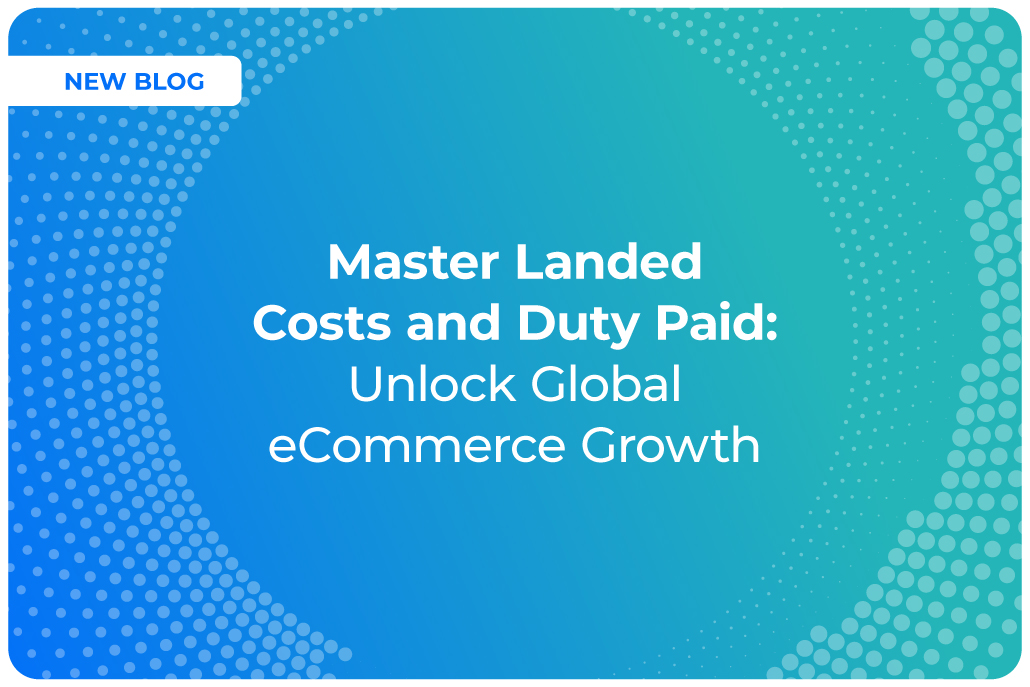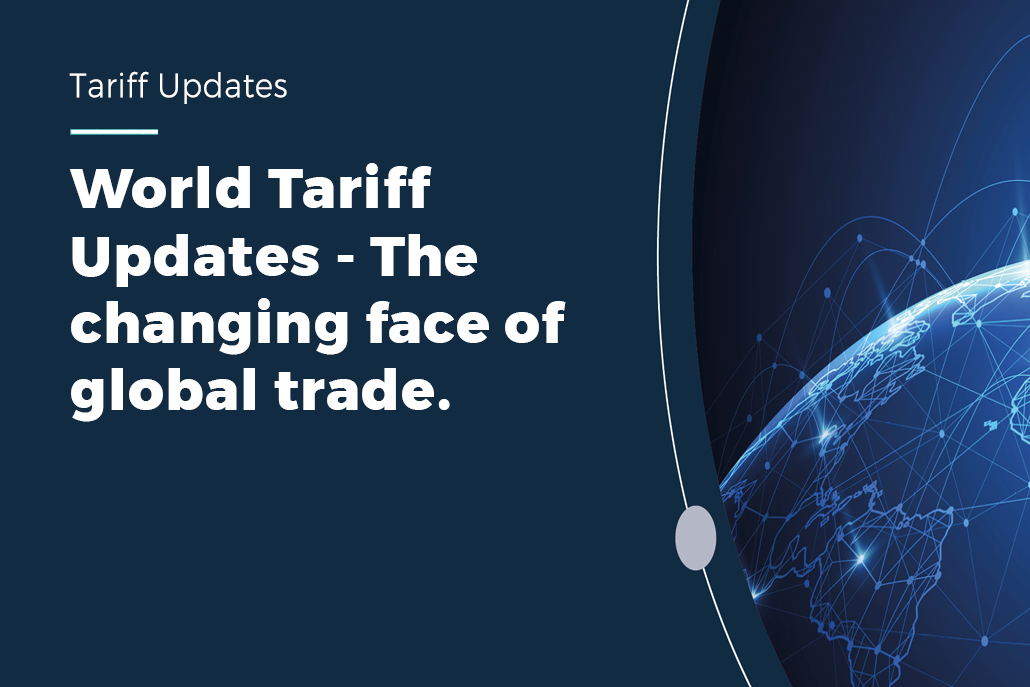In the ever-evolving landscape of global commerce, the need for secure cross-border transactions has become increasingly apparent. The STOP (Synthetics Trafficking & Overdose Prevention) Act, introduced to combat the influx of illicit substances into the United States, along with the implementation of IOSS (Import One-Stop Shop) and ICS2 (Import Control System 2), in Europe has significantly reshaped the way goods are sent from one country to another. In this article, we delve into the importance of complete, accurate, and valid data for cross border commerce, exploring the impact of various legislation on sellers and business owners.
Why Do We Need Secure Cross Border Commerce?
Cross-border commerce brings a number of security risks with it. For example, in a bid to tackle the influx of synthetic opioids into the United States, the government enacted the STOP Act in 2018. This pivotal legislation mandates that foreign postal operators furnish comprehensive advance electronic data for all shipments entering the U.S. through the postal system. The primary objective of this requirement is to enhance supply chain transparency and effectively deter the transportation of illicit substances.
However, a notable loophole exists in the STOP Act, as several countries are exempt from its requirements. This exemption allows certain foreign postal operators to bypass the obligation of providing advanced electronic data on shipments, creating vulnerabilities in the U.S. defence against the importation of illicit substances.
To counter this challenge, the Senate has introduced a new bill: STOP Act 2.0. This updated legislation builds upon the foundation of the STOP Act of 2018 and aims to fortify efforts to prevent the shipment of illegal opioids into the United States. STOP Act 2.0 seeks to address the loopholes and strengthen the regulatory framework by relying more heavily on complete data, to better protect the nation from the inflow of harmful substances.
What Legislations Should Businesses Be Aware Of?
Businesses engaging in cross-border commerce must be well-versed in key legislation that shapes international trade dynamics.
Legislations shaping the landscape:
- STOP Act: The STOP Act, introduced to prevent the illicit importation of drugs, sets the stage for increased scrutiny of international shipments. By understanding and complying with the requirements of this act, businesses can contribute to a more secure global supply chain.
- IOSS (Import One-Stop Shop): IOSS is a significant development in the European Union, simplifying the collection, declaration, and payment of VAT for eCommerce businesses. Staying informed about IOSS regulations is crucial for businesses involved in cross-border trade within the EU.
- ICS2 (Import Control System 2): ICS2 focuses on enhancing security through the electronic submission of advance cargo information. As this system becomes integral to customs processes, businesses must adapt to ensure compliance and avoid disruptions in their supply chains.
Understanding customs risk guidelines
Across borders, different countries have their own unique risk guidelines for customs. Navigating this intricate web of regulations can be daunting for businesses engaged in cross-border commerce. This is where the importance of providing complete, accurate and valid data comes to the forefront. By aligning with each country’s customs requirements, businesses can expedite the shipping process and reduce the risk of delays or, in some cases, fines and other penalties.
Accelerating Processes with Reliable Data
Reliable data serves as the cornerstone of efficient customs processes, playing a pivotal role in expediting customs clearance and reducing potential delays in the shipping process. When customs authorities have access to accurate and timely information about shipments, they can assess and process them more swiftly, contributing to a seamless flow of goods across borders. Beyond expediting processes, the importance of reliable data extends to enhancing security measures.
By providing authorities with precise details about the contents of shipments, businesses contribute to the overall security of the global supply chain. This accuracy enables authorities to identify and address potential security threats promptly, reinforcing the integrity of cross-border commerce.
How Can Businesses Stay Compliant Through Cross-Border Commerce?
In the ever-evolving landscape of cross-border commerce, maintaining compliance with relevant legislation is essential for businesses seeking smooth international trade operations. The STOP Act, IOSS, and ICS2 are pivotal legislations that shape the regulatory environment, and understanding and adhering to them by providing complete and accurate data is key for businesses to ensure compliance.
Businesses can leverage automated solutions like Hurricane Commerce’s Kona to help facilitate compliance and speed up customs clearance. Kona’s AI-driven data helps ensure that businesses can submit accurate and complete information to customs authorities, meeting regulatory requirements and maintaining a compliant cross-border commerce framework.
As international trade continues to evolve, the role of accurate data in ensuring frictionless cross- border commerce has never been more crucial.
Get in touch with us today to find out more about how our services can help your business stay compliant.













